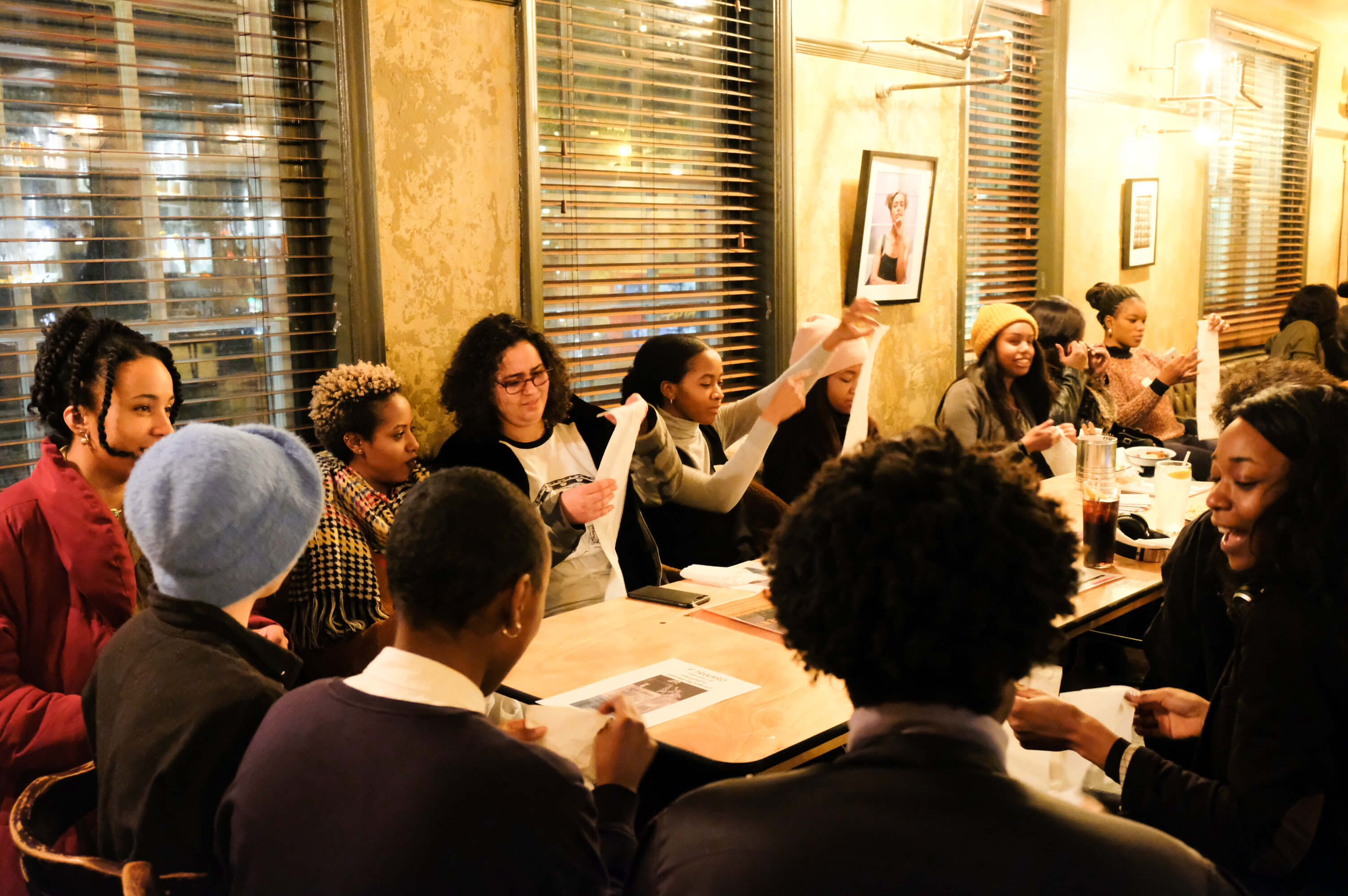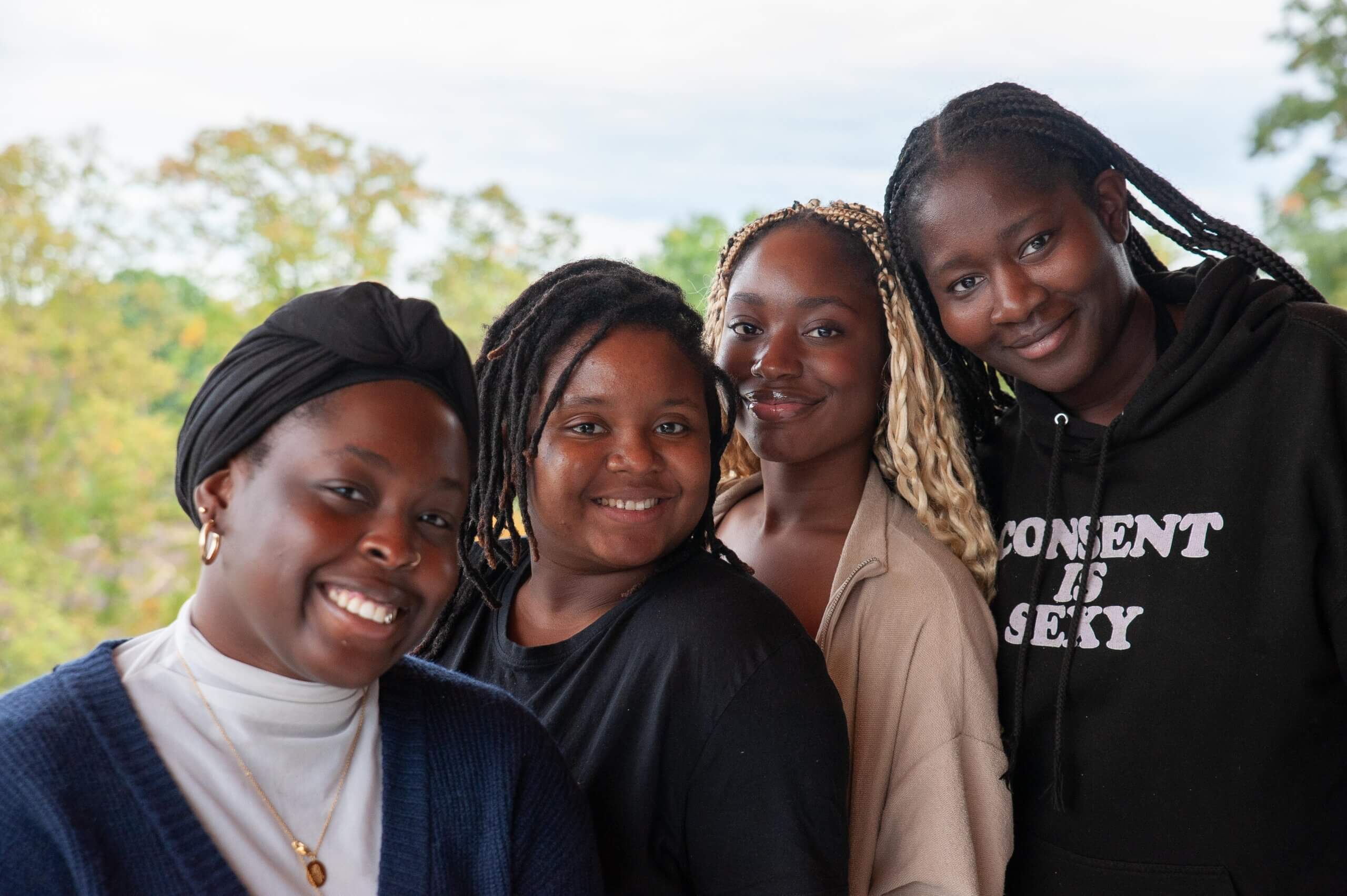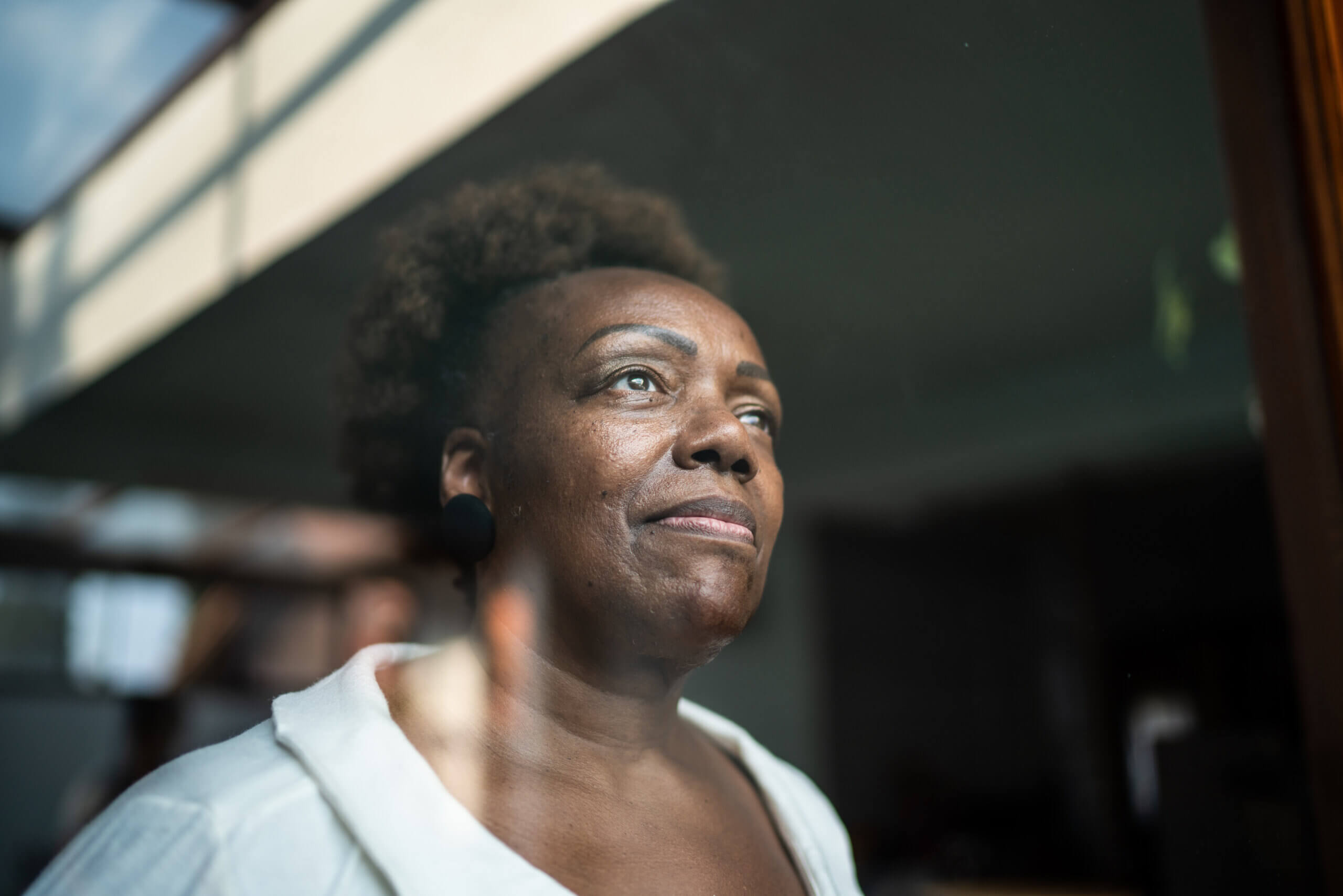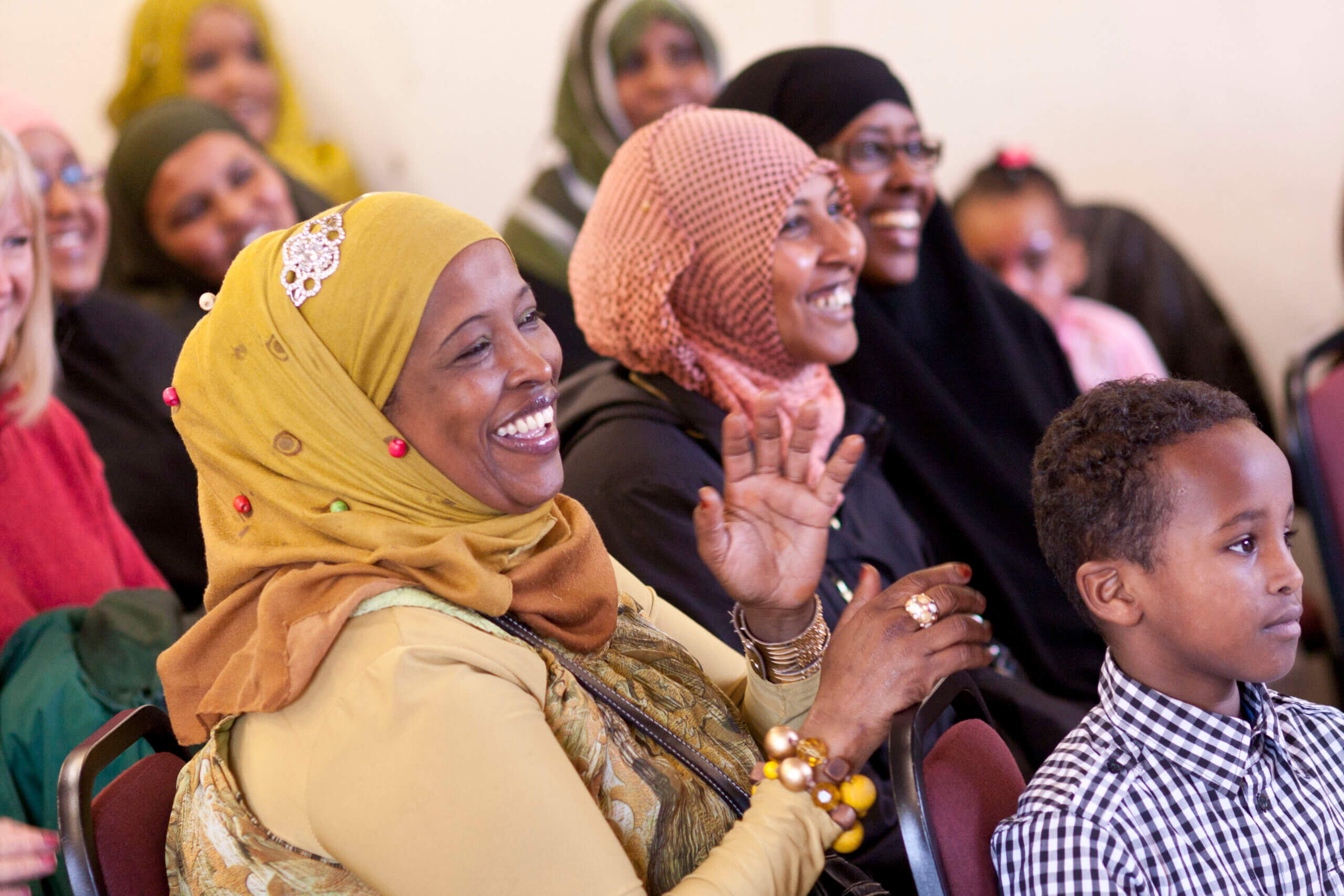The Power of Peer
Long-lasting change is achieved by engaging with women and girls in a respectful and meaningful way. Our process begins by listening, observing and understanding.
FORWARD pioneers the participatory research method (Peer), an innovative research approach to understand the lived experiences of multiple forms of violence women and girls experience. Peer moves away from conventional research and actively involve young people and members of the communities in all aspects of the research process. Using the Peer approach, we train women and girls and members of the community in the role of trusted researchers. As trusted interviewers, they capture rich insights from their peers on their day-to-day experiences and relationships, both in private and public spaces.
This unique approach gives real insights into the perspectives and experiences of women and girls dealing with ‘hard to discuss’ issues, such as female genital mutilation, child marriage and domestic violence. Through Peer we understand the complexities of the social, cultural, political and economic factors responsible for continuing harmful practices. Combined, these insights allow us to develop evidence-based programmes and policy advocacy, and establish local support networks that respond directly to the actual needs of women and girls.
During the interviews, I re-considered what it means to be a researcher and a co-creator of knowledge and research. I learned so much about three various communities and how the practice of FGM changes in different community contexts. Tirivashe Jele, peer researcher





